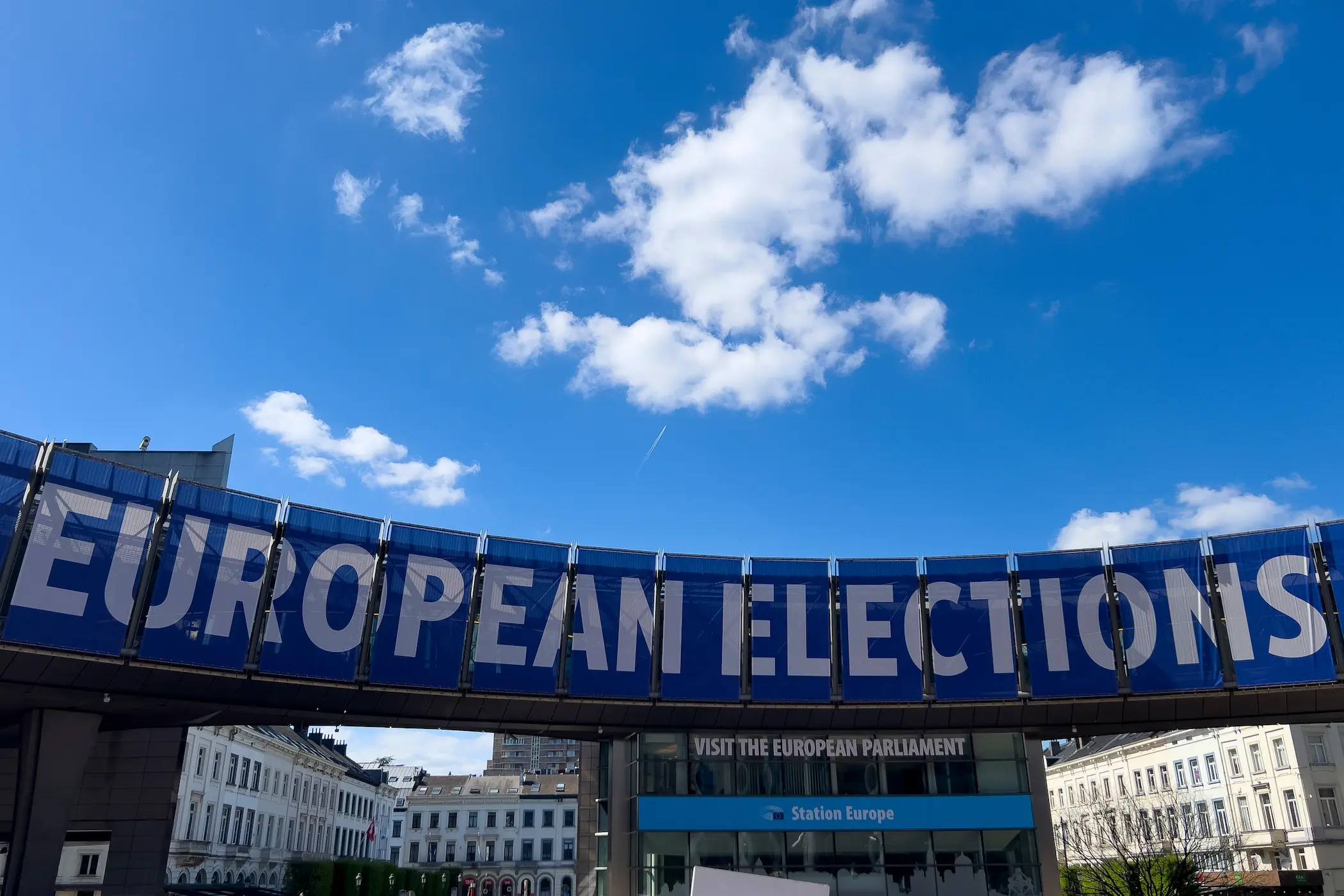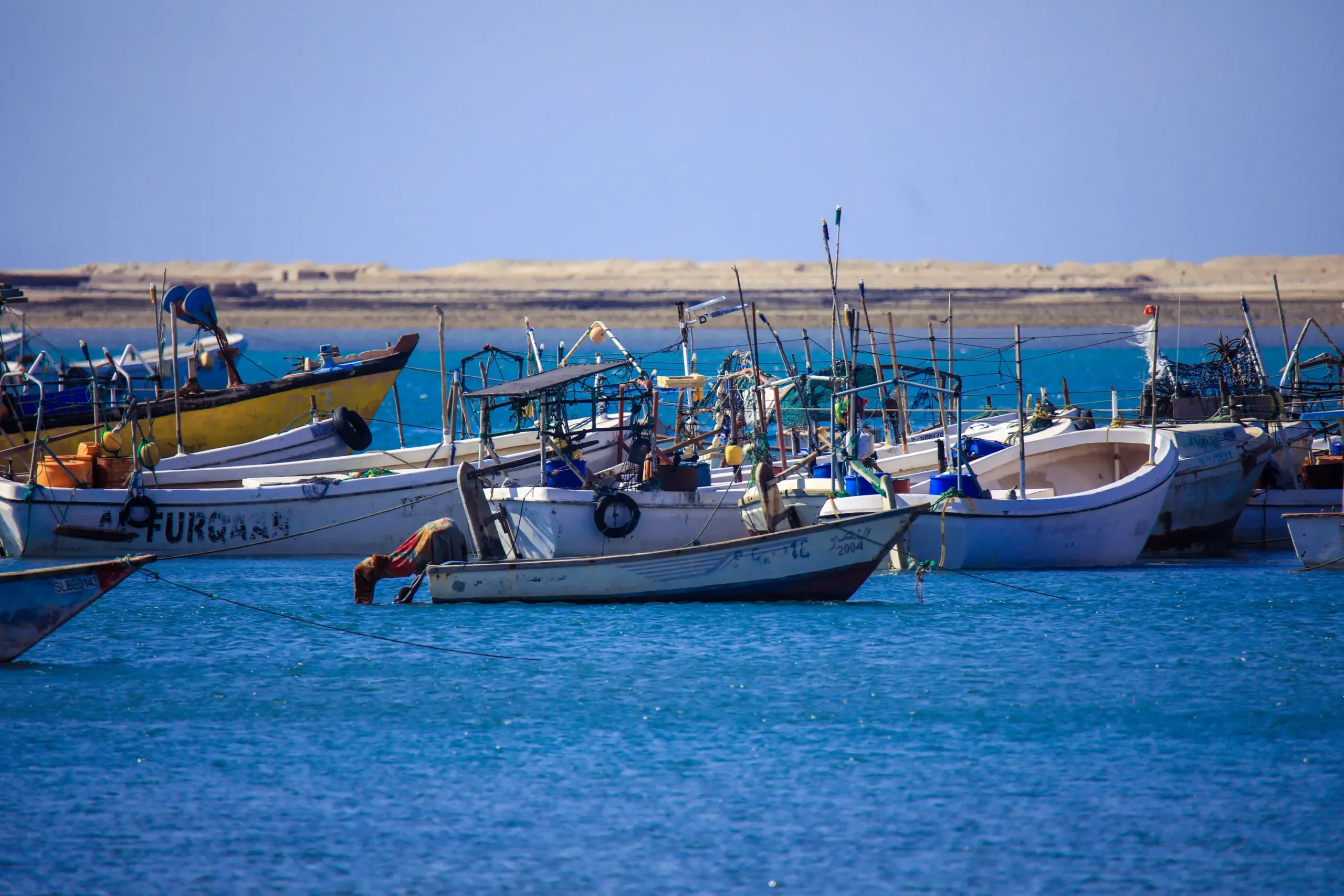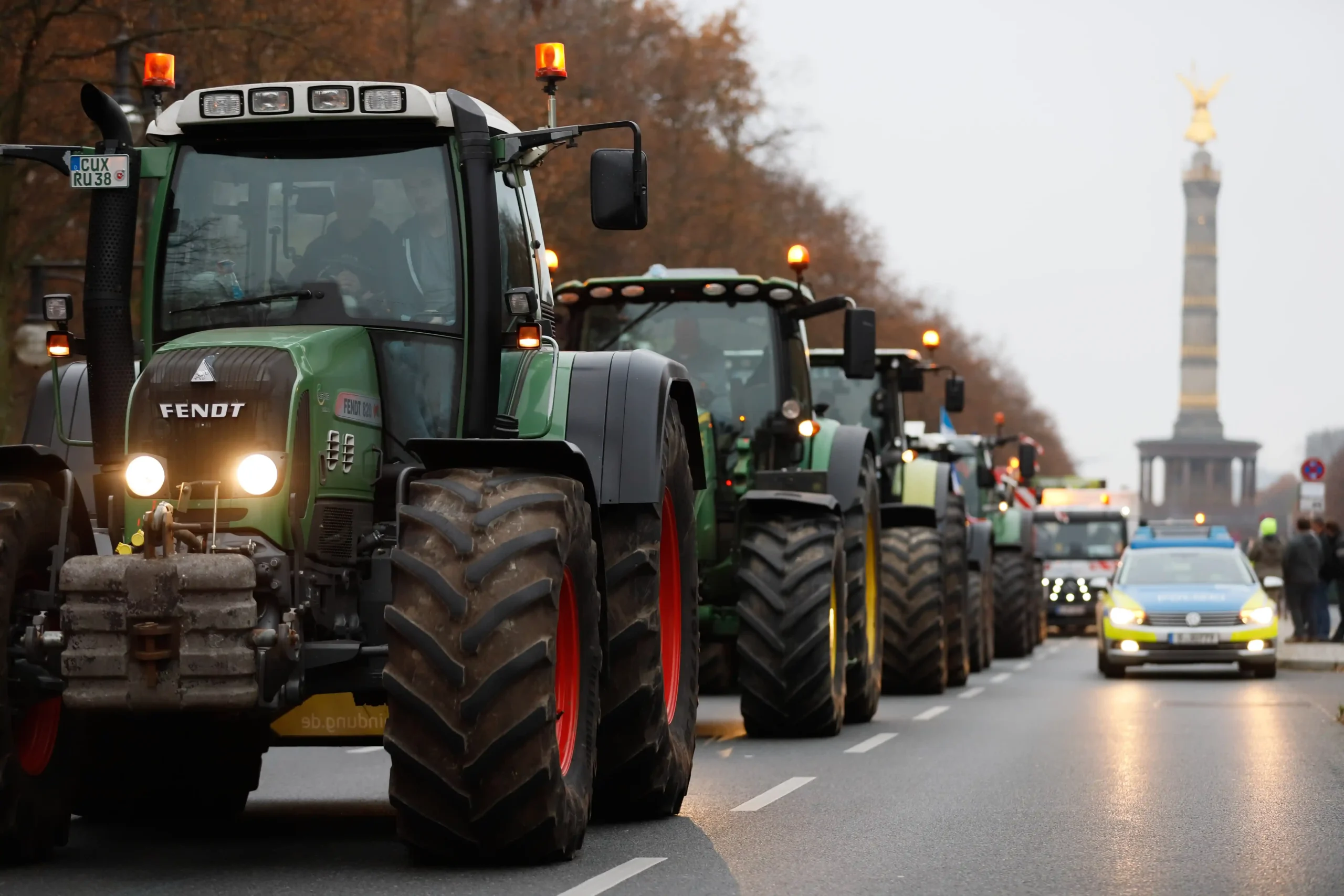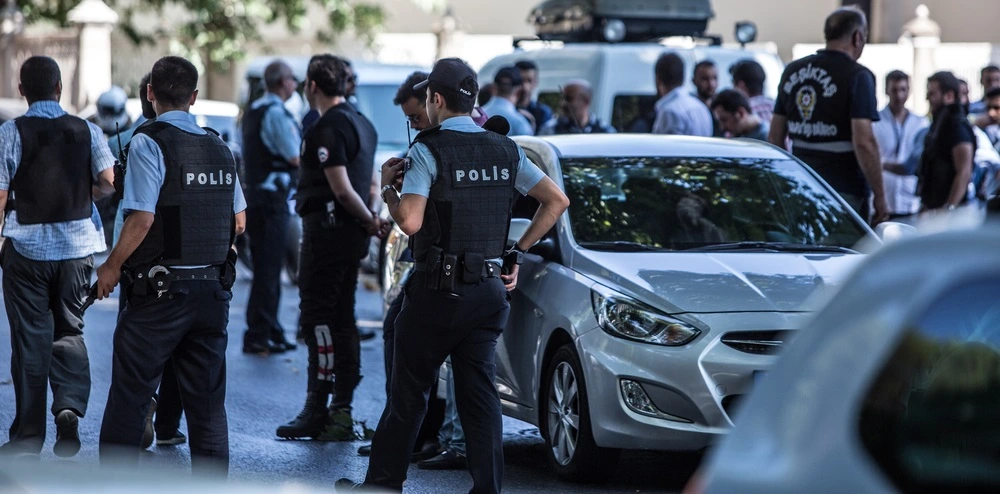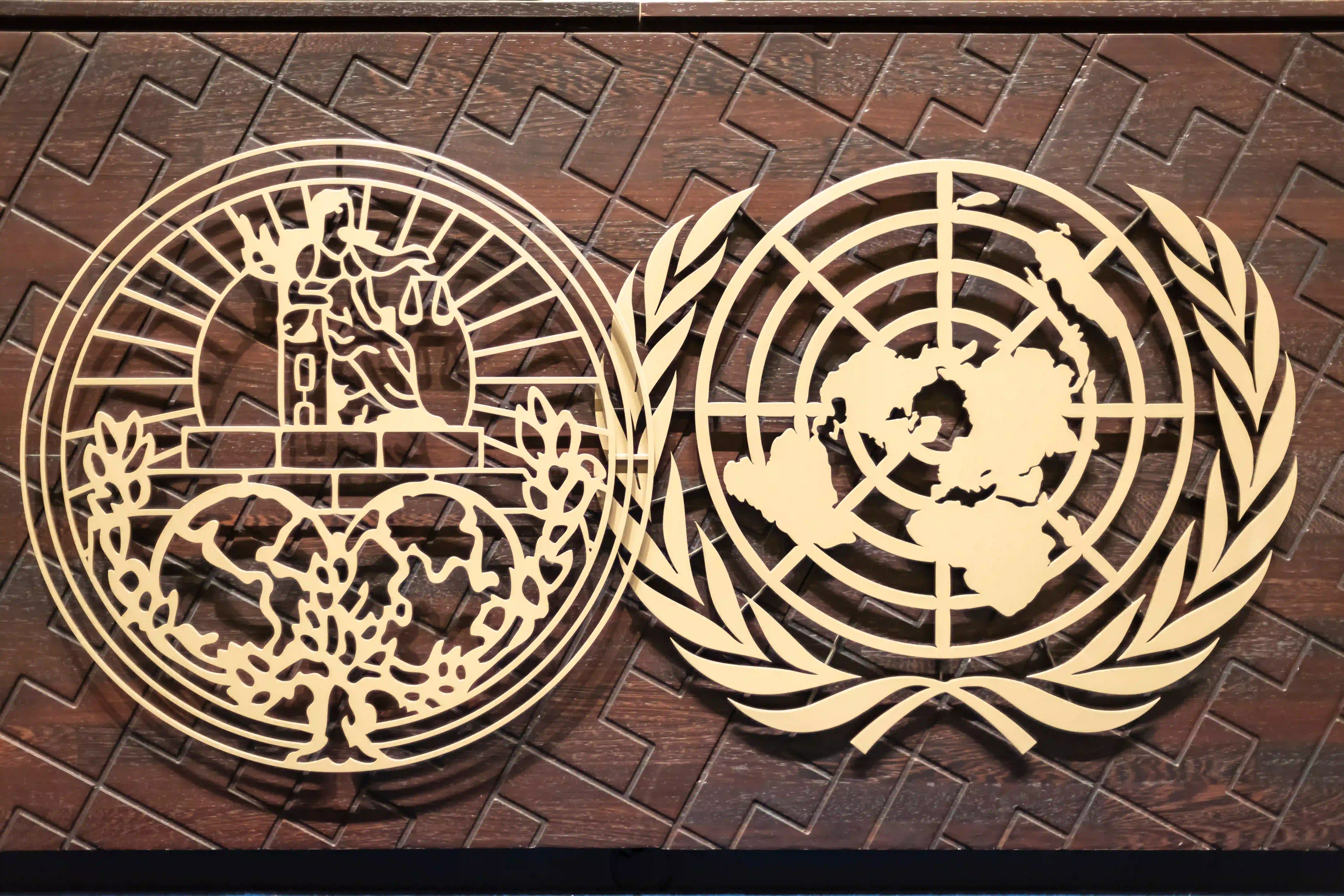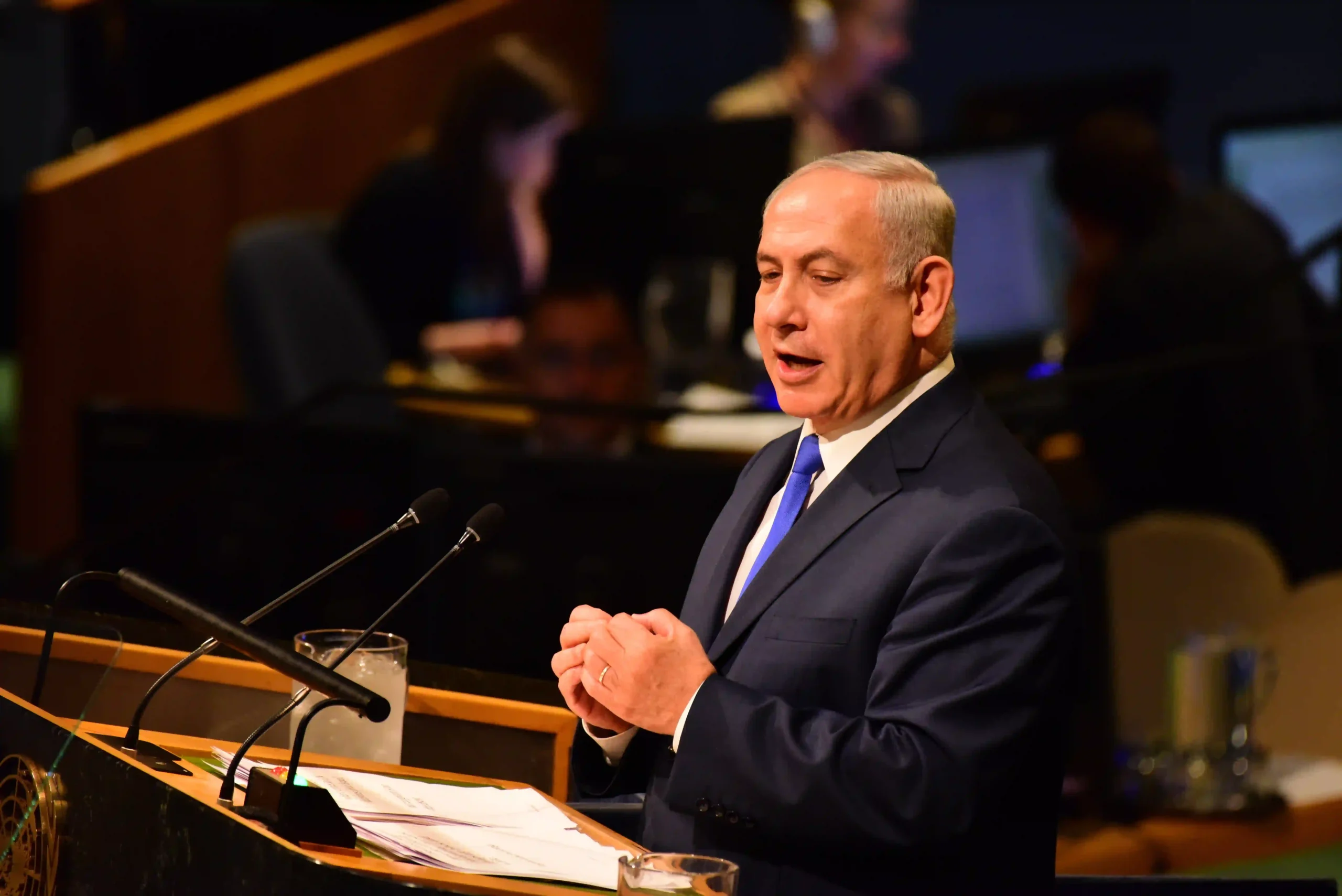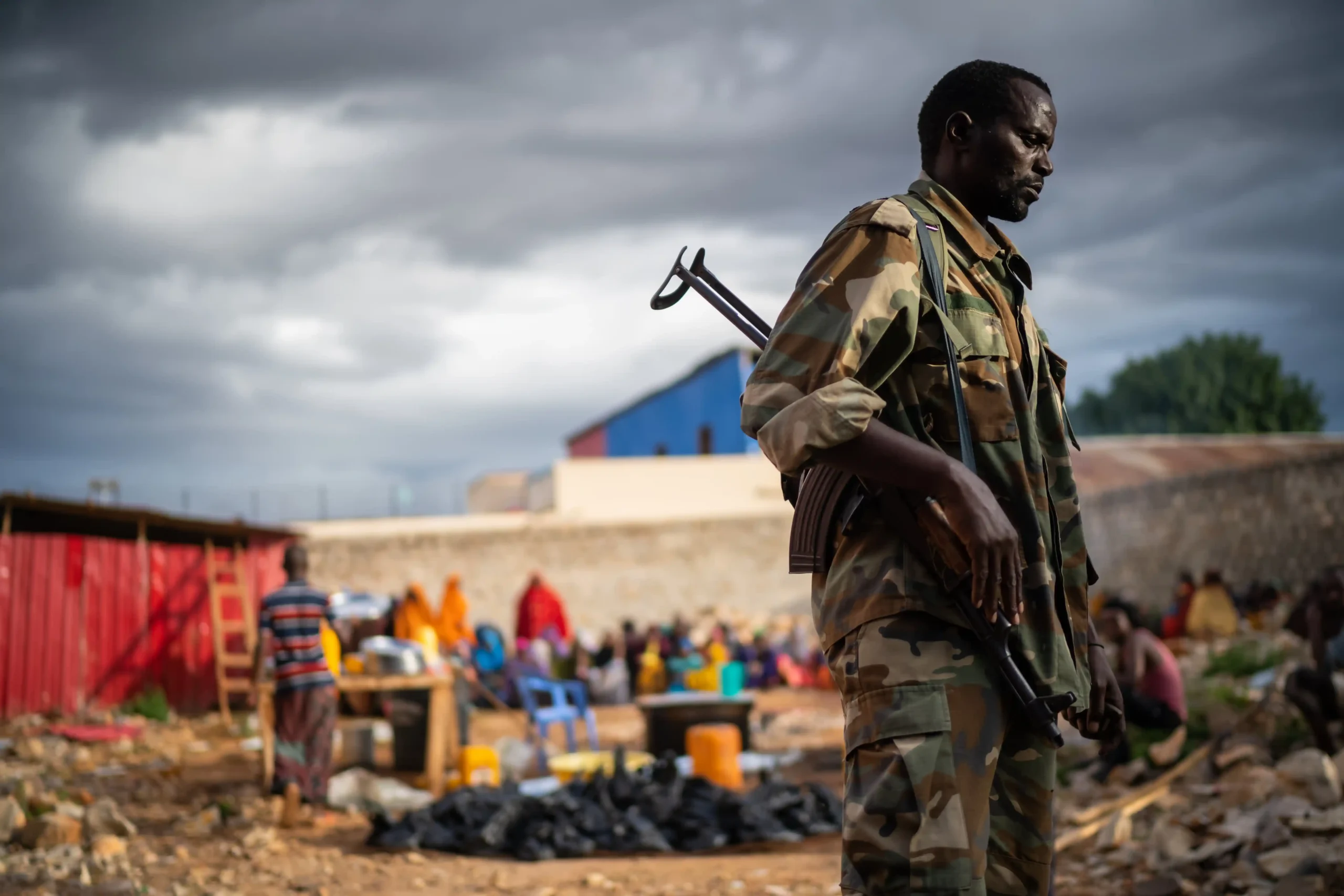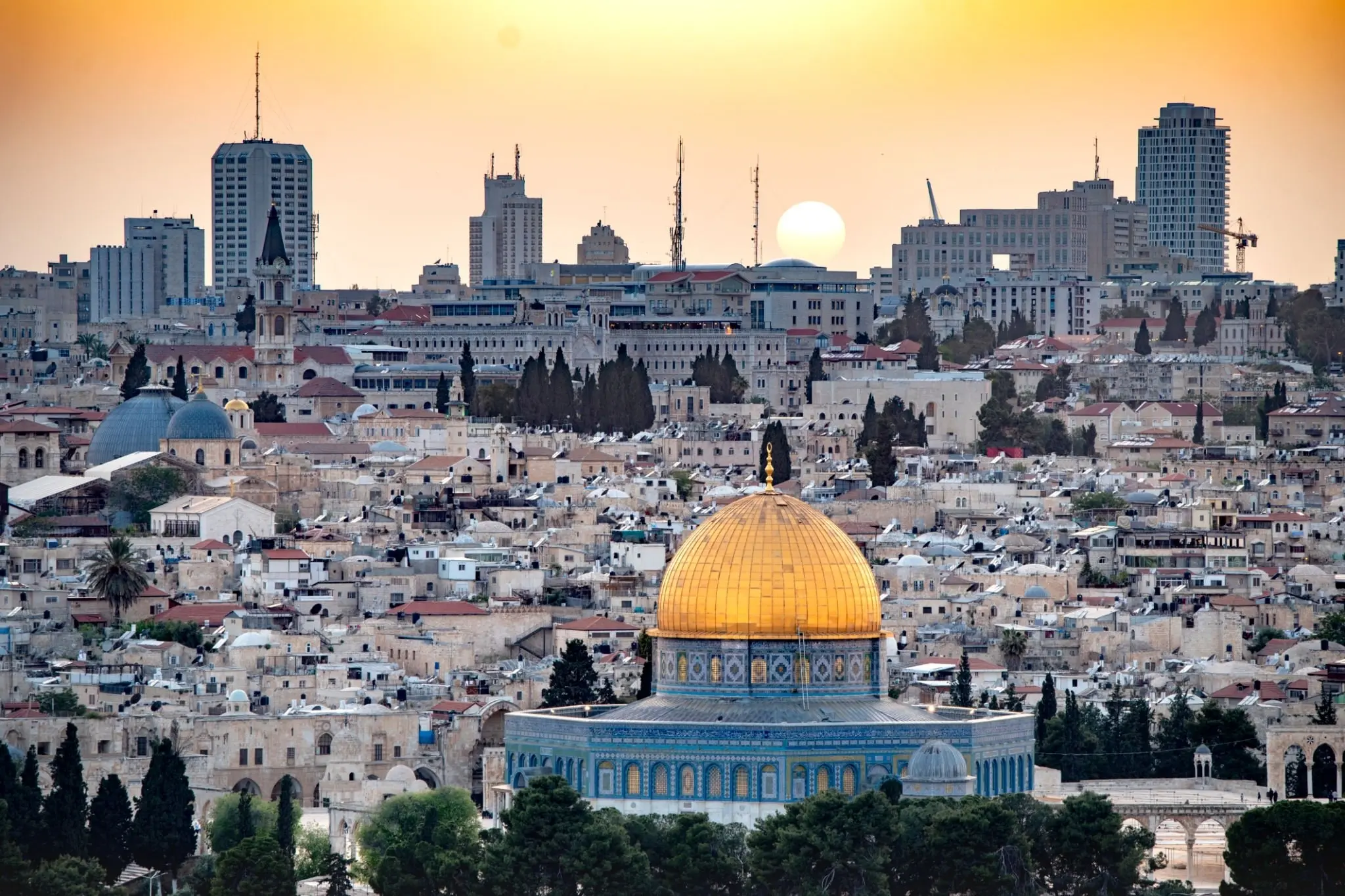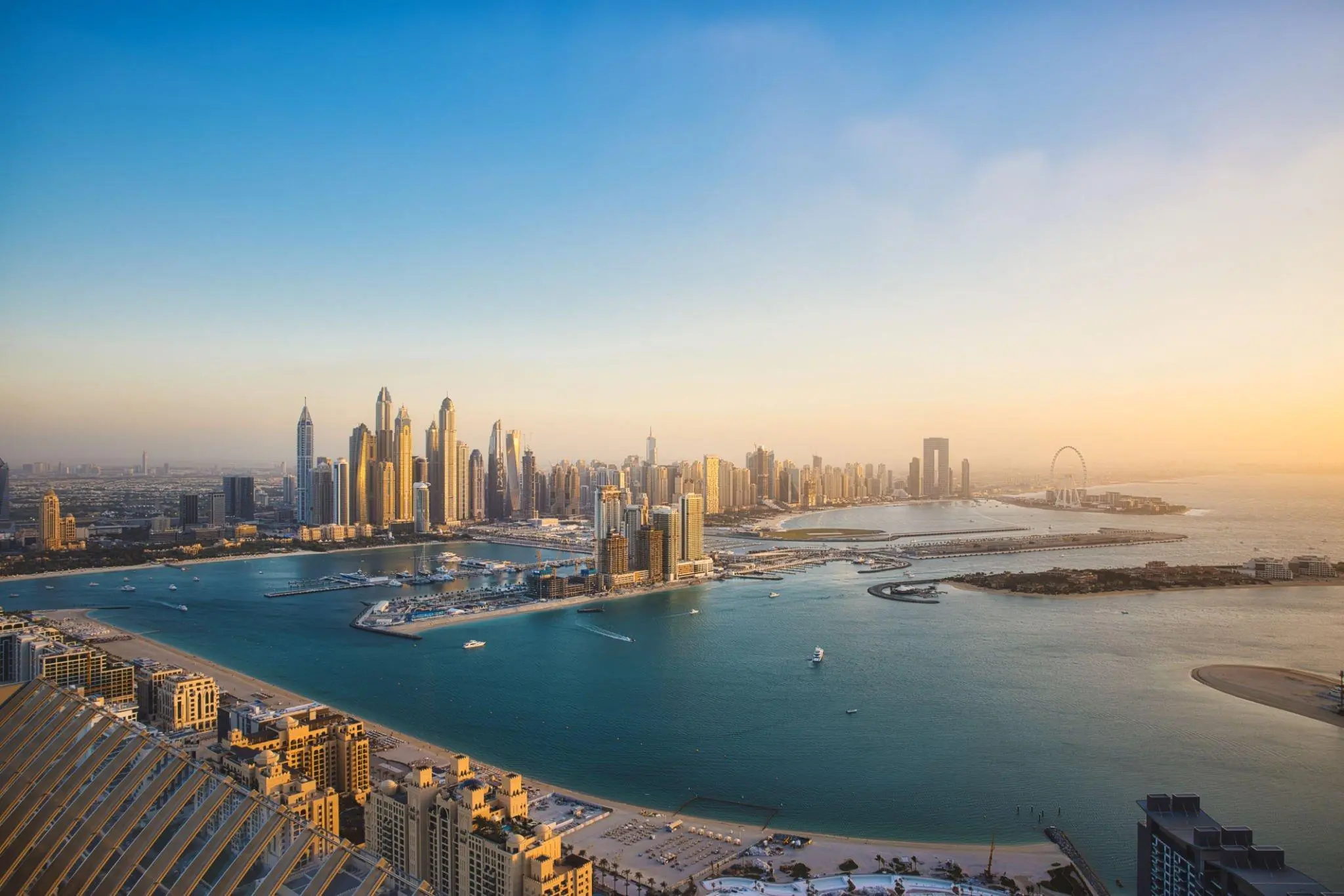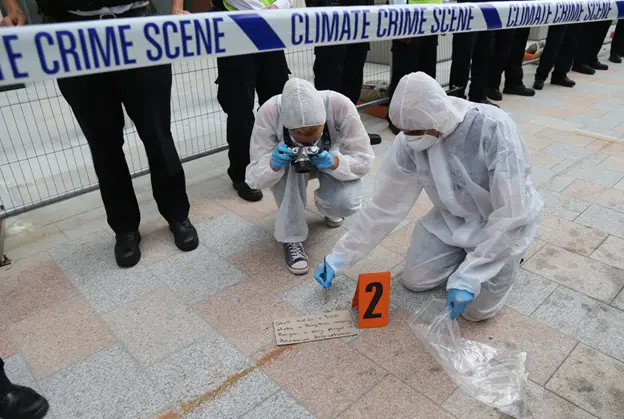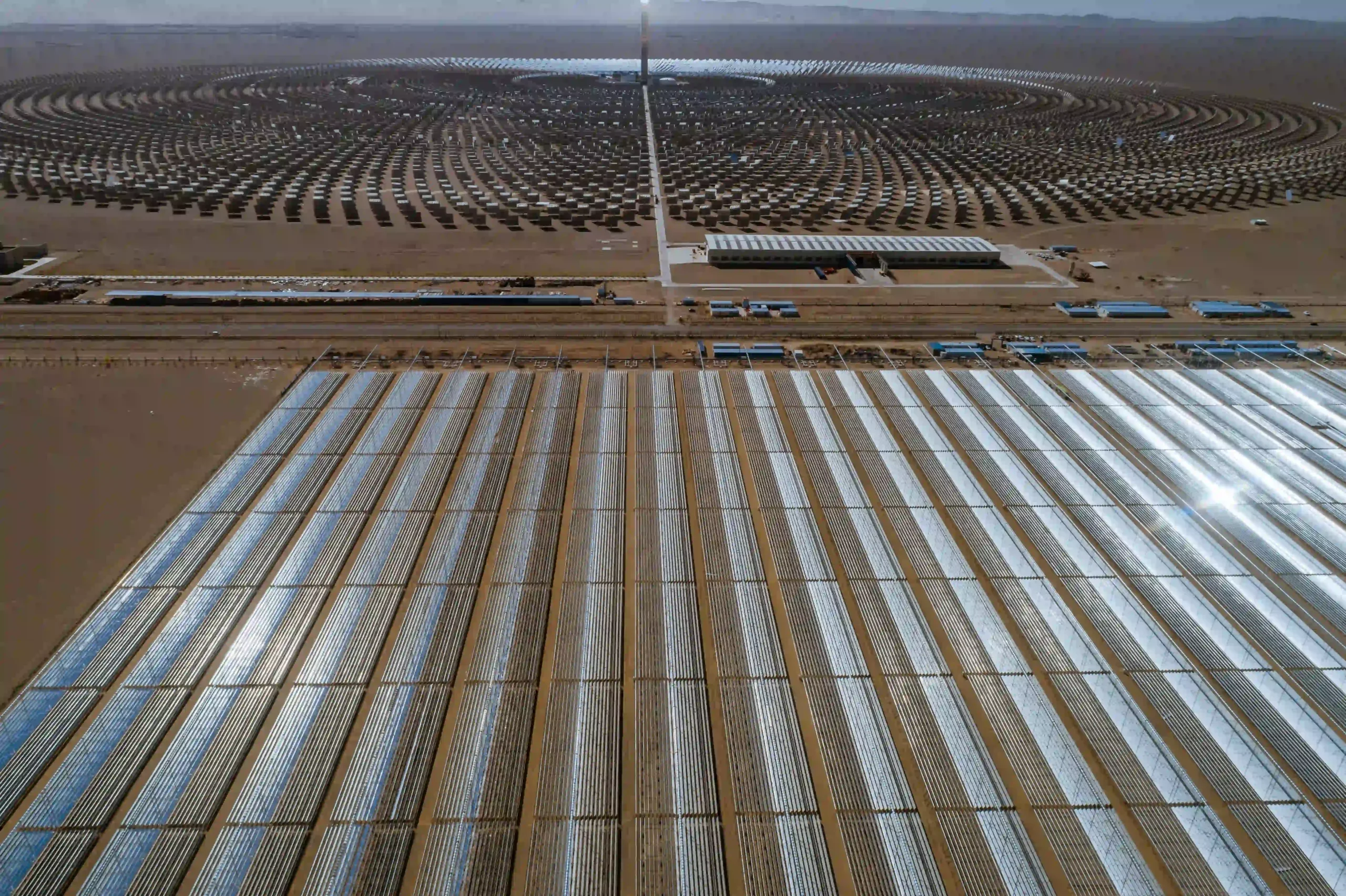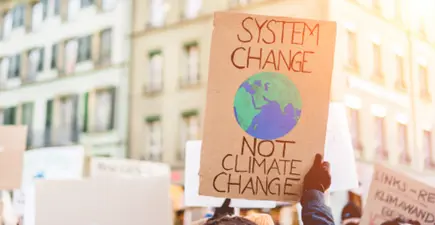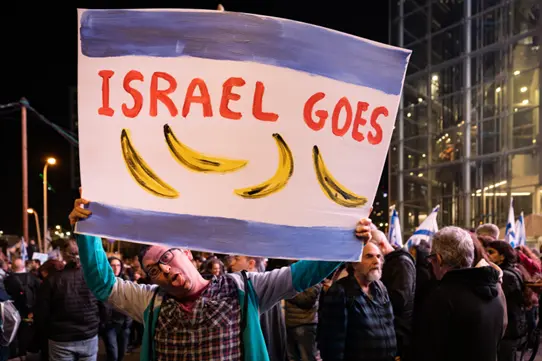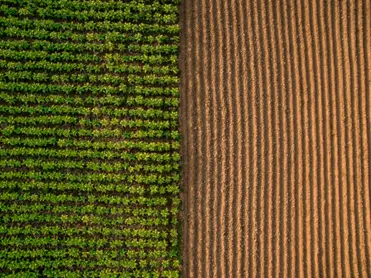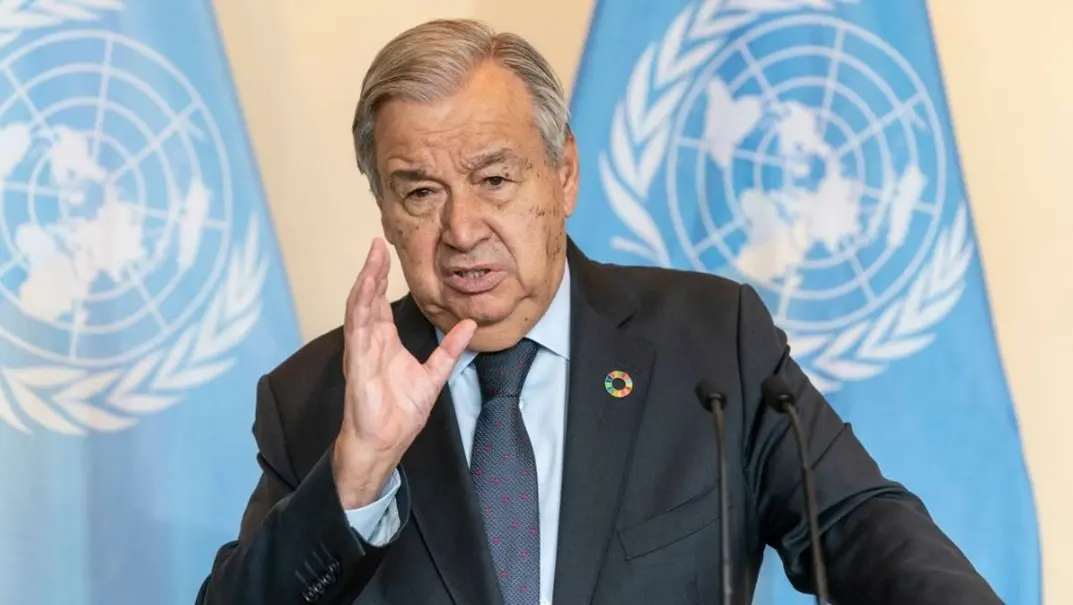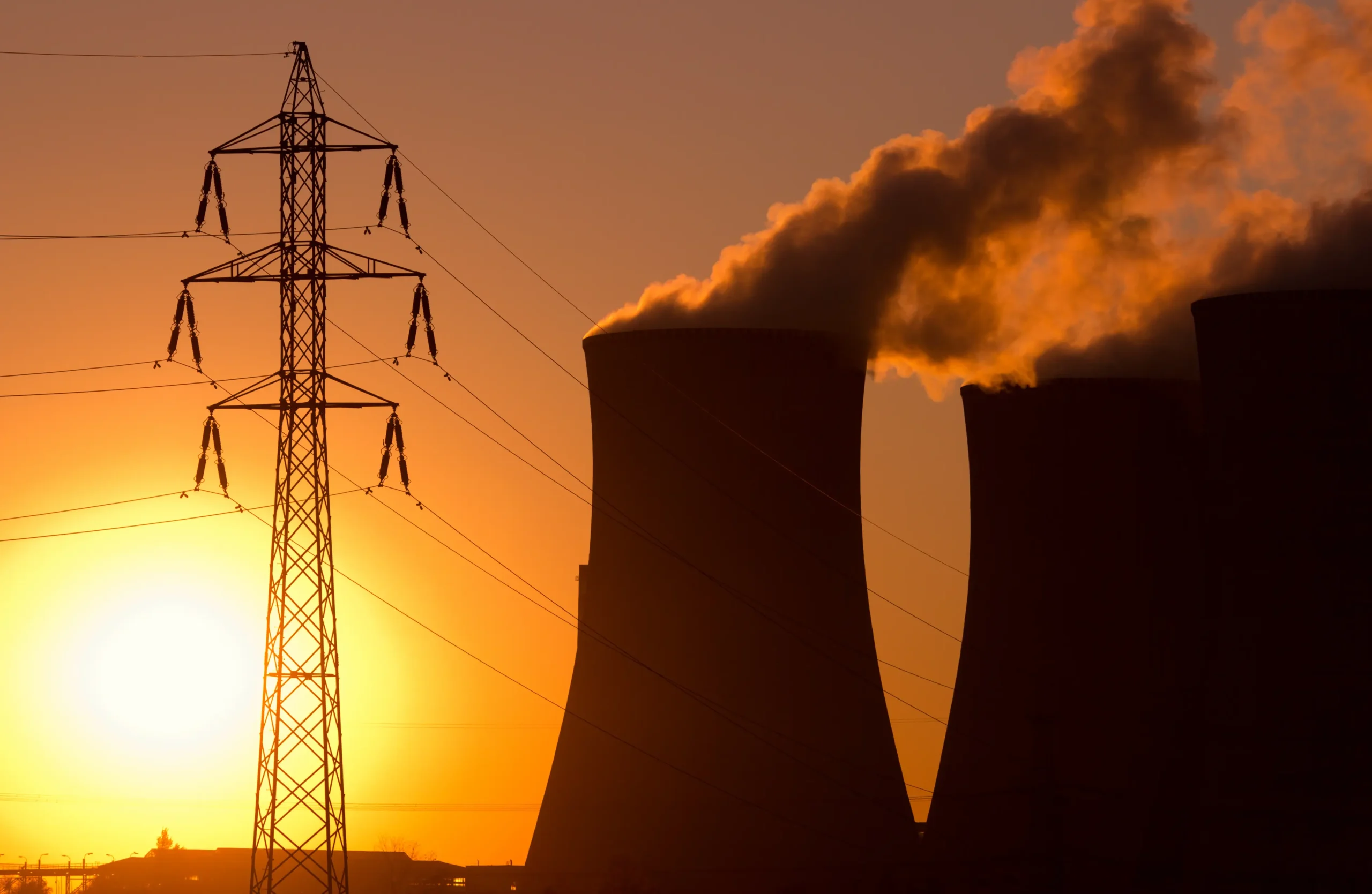Sandra is the Al Habtoor Research Centre's former Early Warning Researcher, prior to joining HRC, she was a writer and development specialist, focusing primarily on the intersection of research, politics, and sustainable development. Sandra has over five years of experience designing and managing projects with local and international organisations in Egypt and the Netherlands. Commitment to exploring new and nonconventional ways of driving social change in various fields has strengthened her multidisciplinary approach to anticipating and solving problems.
Sandra has research interests in various fields, including international and regional political and social transformations and environmental and climate change issues. She is also interested in monitoring, analysing, and forecasting new phenomena and emerging risks.
Sandra holds an M.A. in Globalization and Development from Maastricht University and a B.Sc. in Political Sciences from the British University in Egypt.



